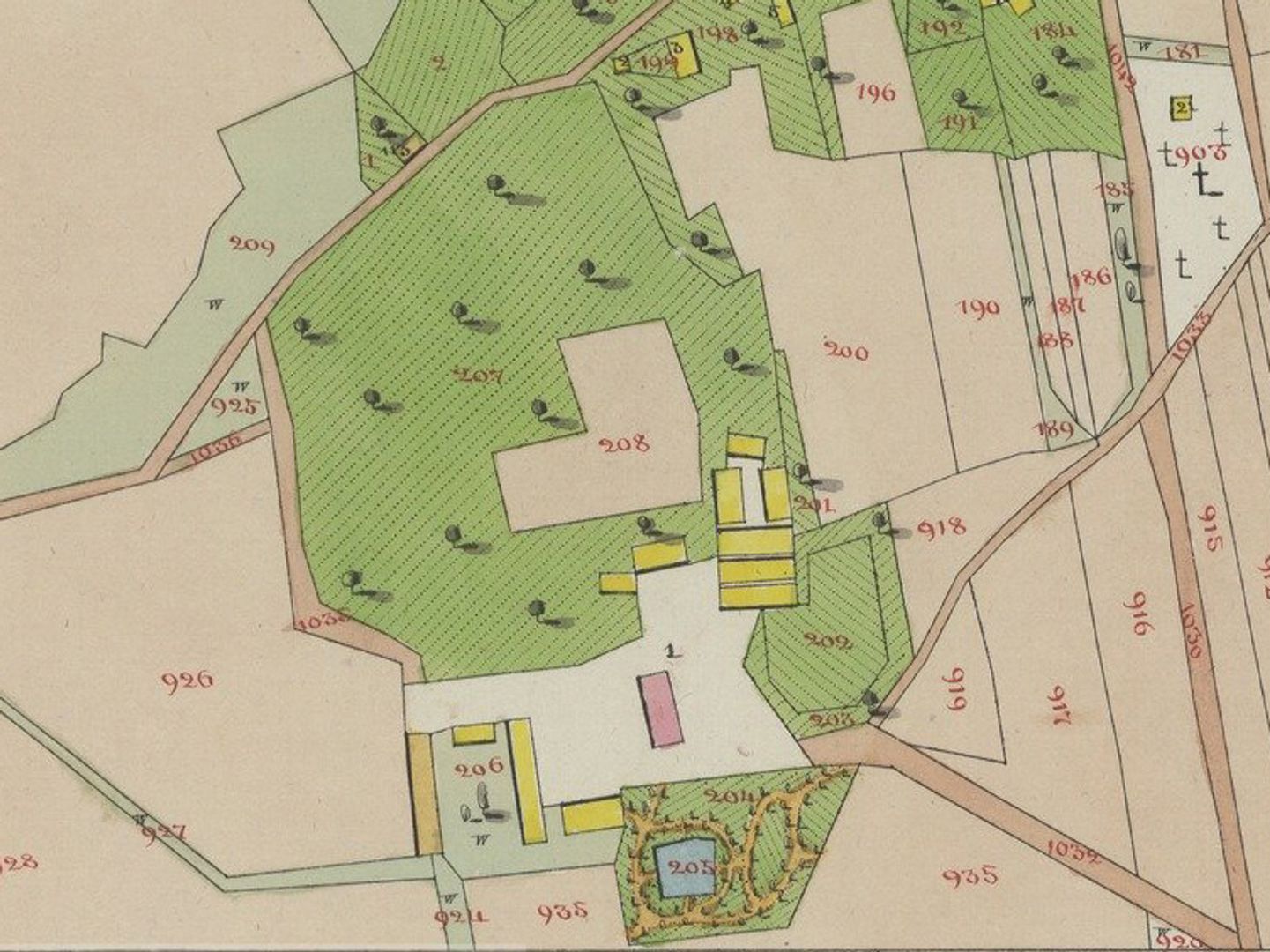Jasionów
6.29

Overview
Jasionów is a village located in the Podkarpackie Voivodeship, in Brzozów County, with a rich history dating back to the Middle Ages. The first mentions of the settlement come from 1427, and the village's name is associated with the ash tree (jasion). Over the centuries, the village passed through the hands of various owners, including the Jasieński family, and later the Truskolaski and Dzieduszycki families. Jasionów was the seat of a gromada (administrative unit) from 1954 to 1972 and was part of the Krosno Voivodeship from 1975 to 1998. The village is known for its Roman Catholic parish, as well as a former Orthodox church that operated in the 15th century. In the 16th century, after a conflict with the heir Jerzy Błoński, the church was converted into a Calvinist temple. The religious history of the village reflects the complicated fate of the parish, which, after many upheavals, regained the Catholic church in 1644. The current parish church, dedicated to St. Catherine, was built between 1939 and 1956 and retains some elements of the former church's decor. In Jasionów, there is also a 19th-century belfry and a wooden manor, once owned by noble families, which now serves as a Health Center. The tranquil landscape of the village, surrounded by ancient trees, also features gardens with natural plant communities and ponds. The locality can boast many cultural accents, including one of the first folk amateur groups in Galicia from the late 19th century. In Jasionów, you can also find the Dzieduszycki family chapel in the cemetery, where numerous distinguished residents are buried, including Count Kazimierz Dzieduszycki. Among the well-known people associated with the village are the sculptor Marian Konieczny, writer Janusz Gołda, and General Gustaw Truskolaski. Jasionów, as a place with a rich history and unique architecture, is an interesting point for those interested in Polish cultural heritage.
Location
2026 Wizytor | All Rights Reserved